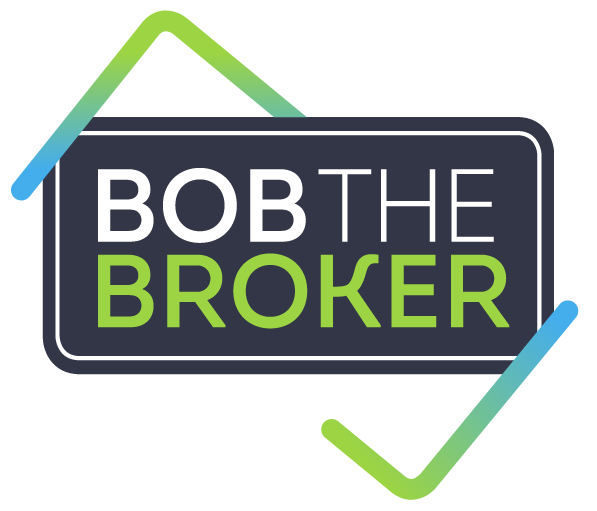Be Ahead of The Game!
79% of Australians save a portion of their net income1, equating to $8542 per household per month. That’s a whopping $10k per year. But, with a little thought and discipline, could you double that? Adopting one or more of these tips below could be the difference to your obtaining that slightly better home – or not!
We have all heard about how eating avocado on toast for breakfast can really smash your homeowner dreams.
But is there some truth to it, hiding amongst the feta and grilled tomatoes? We are not suggesting you give it up completely when there are latte sized strategies to supersize your savings.
It’s great to start with a few new habits to set yourself up for loan approval success
1. Needs vs wants. We know you want that house, but what items are getting in the way of that goal? Impulse buying? Emotional purchases? FOMO (Fear Of Missing Out)? If you feel you want something specific, consider waiting a few weeks before purchasing it. If after that you still want it more than your new home, and you can afford it, then go for it!
2. Targets. It’s important to have a savings goal to be able to enter the property market (ie saving for your deposit) and obtain a good serviceability score (ie to prove you can repay the loan after your day to day spending).
3. Save something! You can start by determining a small and manageable regular savings amount to be set aside each pay period. Ask your payroll person to place this amount immediately into a different savings account. Then, in a separate account, aim to put some additional money aside for emergencies, holidays, vehicle expenses and education. When you realise you are not missing this money each month, increase it, then repeat!
4. Record keeping. There are plenty of free apps that keep track of your spending. They even categorise it so you can visualise how much you really do spend on groceries and shoes. It could be scary…
5. Credit cards. Avoid making larger purchases using your credit card. Consciously save for these items and try to purchase them outright to avoid interest charges should you find you are unable to repay the balance each month.
And then there are the daily habits you can change to save money and increase your borrowing capacity
6. Coffee. Yes, we are back at the café, but considering the average flat white costs $3.993, one coffee each weekday over a month will cost close to $80. A whopping $960 per year! Of course, we would never tell you to give up coffee, who knows where that may end? But making your own at home could, and buying cheaper pods for work could save you some beans. Little purchases that occur on a regular basis add up over time and these costs can be considerable.
7. Take your lunch to work! Don’t let me start on this one. Taking your lunch to work every day is one of the easiest ways to save money. It also avoids you passing other shops and temptations while you’re out. Try it. It’s actually not that hard.
8. Petrol. Check local fuel prices before heading to the petrol station. If you’re the type who plays Russian roulette with the fuel gauge (seeing how far your empty tank can really go), you are likely to spend more money on fuel. Travelling on fumes leaves you little choice on where to fill up. Planning your next bowser visit is a smart way of minimising the cost of petrol.
9. Evaluate. Look at the services you subscribe to, your insurances, mobile and internet plans, energy and utility bills, then consider your usage. Are you paying a higher rate than you need? Is there a better deal elsewhere? There are many companies that can take the leg work out of comparing different service providers. Commit to this activity at least once a year.
10. Live sustainably. Reuse items instead of replacing them. Take a dozen green bags into the store with you instead of buying more when you forget. Fill up your own drink bottle rather than purchasing bottled water. Make your own cleaning products. Borrow books/DVDs from friends or the library rather than purchase new ones. Remember little things like turning off lights, appliances and switches to avoid unnecessary electric usage and reuse a pasta jar to collect loose change.
If you'd like help with assessing your personal and financial situation, as well as comparing the loans in the market to see if you're truly getting the right deal for you, then call Bob Malpass now on 0431 862 136, email [email protected]
Thanks for reading
Bob
Sources
1. Canstar’s Consumer Pulse Report 2020
2. ME Bank’s Household Financial Comfort Report 2020
3. https://www.statista.com/statistics/865324/australia-average-price-for-coffee-beverageby-type/
Disclaimer
The advice provided on this website is general advice only. It has been prepared without taking into account your objectives, financial situation or needs. Before acting on this advice you should consider the appropriateness of the advice, having regard to your own objectives, financial situation and needs. If any products are detailed on this website, you should obtain a Product Disclosure Statement relating to the products and consider its contents before making any decisions. Where quoted, past performance is not indicative of future performance.
Malpass Finance Pty Ltd disclaim all and any guarantees, undertakings and warranties, expressed or implied, and shall not be liable for any loss or damage whatsoever (including human or computer error, negligent or otherwise, or incidental or consequential loss or damage) arising out of or in connection with any use or reliance on the information or advice on this site. The user must accept sole responsibility associated with the use of the material on this site, irrespective of the purpose for which such use or results are applied. The information on this website is no substitute for qualified financial advice.

